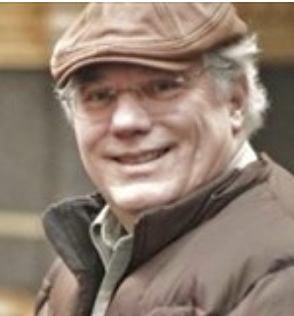Enforcement of prohibitions against public dishonesty is collectively up to all of us as citizens, but it isn't easy. Even when we recognize and reject the intentional big lie, if we don't also recognize how it altered and shifted our own opinions, then we don't compensate for that shift... and the big lie is a success.
If we do compensate and lean into truth, we appear to be moving in a radical direction in the eyes of our peers who don't recognize how much their own opinions have been altered. We need to develop the mindfulness and courage to re-exam our thinking after a big lie has been exposed and to realign our opinions back according to what is more reliably true.
[i] I was personally driven by this comment to carefully review all the actual public evidence I could find on the internet about Iraqi WMDs. I concluded, with some certainty, that there was no evidence that Iraq had WMDs other than some old chemical weapons which we gave them during the Iran-Iraq war. I felt that if I was able to determine that Iraq had no WMD, our politicians should be able to see that as well. I petitioned members of Congress with letters to press for a debate on a declaration of war. I was confident the evidence I found would come out. The debate happened but turned out to be perfunctory. The evidence against the need for military intervention barely surfaced. My disappointment with those who voted to authorize the war was deep and long-lasting. And among my peers, my position on the issue of war when it was being debated seemed wildly radical, as did the position of those in Congress who voted against authorizing the use of force. If you have read up to this note and still think my claim is radical, even after the war is long over and no WMDs were found, then your own opinions remain altered by that big lie.
(Note: You can view every article as one long page if you sign up as an Advocate Member, or higher).





